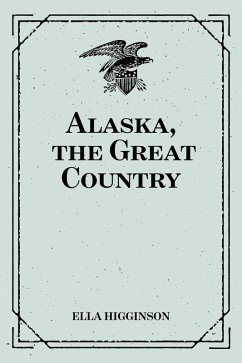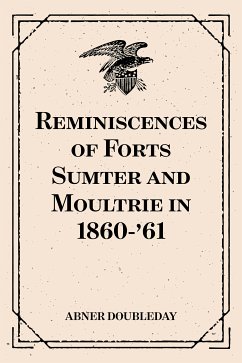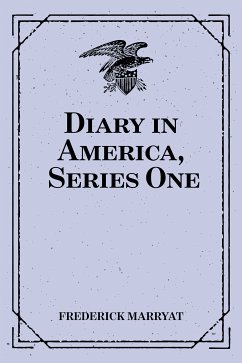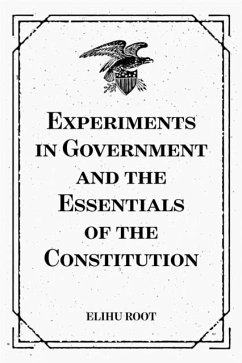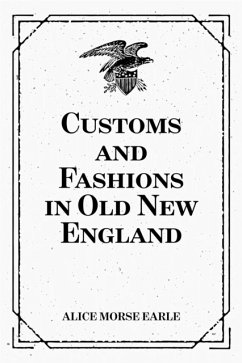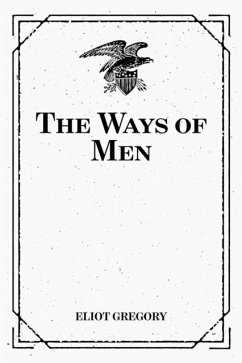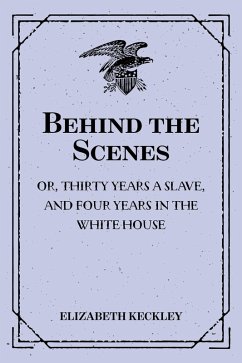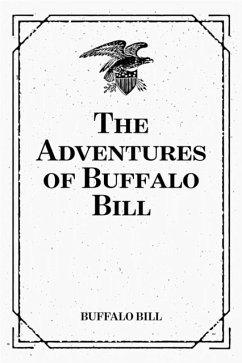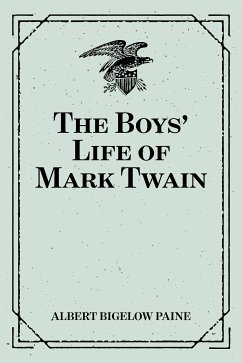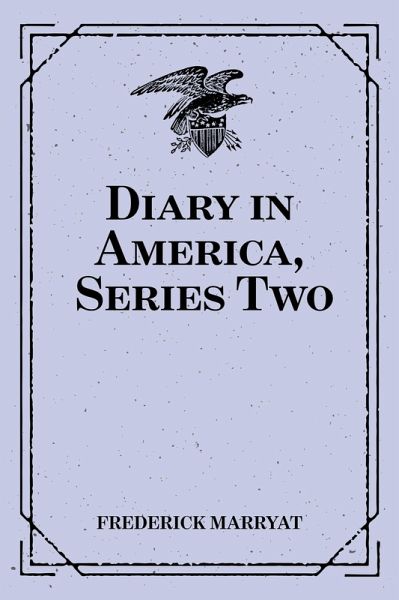
Diary in America, Series Two (eBook, ePUB)
Versandkostenfrei!
Sofort per Download lieferbar
1,82 €
inkl. MwSt.
Weitere Ausgaben:

PAYBACK Punkte
0 °P sammeln!
Frederick Marryat was a popular 19th century novelist best known for pioneering the genre of sea stories and for writing other action and adventure books. An acquaintance of Charles Dickens, Marryat's books are still read today.
Dieser Download kann aus rechtlichen Gründen nur mit Rechnungsadresse in D, E, F, I ausgeliefert werden.




